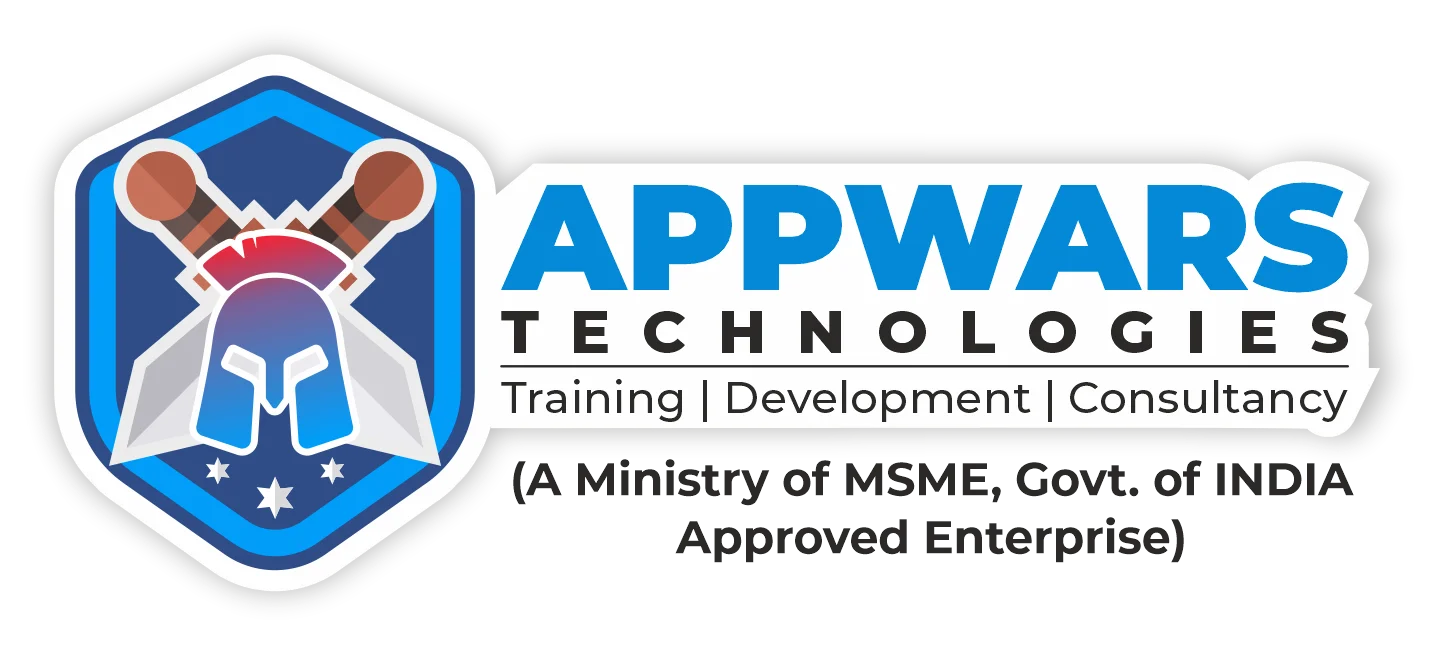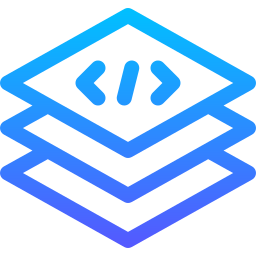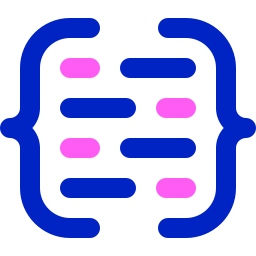Java Full Stack Training in noida
Learn Java Full Stack at Appwars Technologies in Noida under the guidance of an expert. Included are practical projects, certificates, and career guidance.
Certification Partners

Our Students Placed In These Companies










Java Full Stack Course Content
- Introduction to HTML and Web Standards
- HTML Syntax and Document Structure
- Elements, Tags, and Attributes
- Headings, Paragraphs, Lists (Ordered & Unordered)
- Anchors, Hyperlinks, Email and Phone Links
- Inserting and Formatting Images
- Working with Tables, Captions, and Merged Cells
- Forms: Input Fields, Text Areas, Radio Buttons, Checkboxes, Drop-downs
- HTML5 Semantic Tags:
<header>,<footer>,<article>,<section>, etc. - Multimedia Integration: Audio, Video, and Embed Tags
- HTML APIs:
- Geolocation API
- Drag and Drop
- Web Storage (localStorage, sessionStorage)
- SEO-friendly HTML Structure
- Accessibility (ARIA roles and screen reader support)
- Introduction to Styling and CSS Syntax
- Selectors, Combinators, and Specificity
- Colors, Fonts, Text Formatting
- Box Model: Margin, Border, Padding, Content
- Units: px, em, rem, %, vh/vw
- Display Properties: block, inline, inline-block, none
- Positioning: static, relative, absolute, fixed, sticky
- Float and Clear
- Responsive Layouts using Media Queries
- Flexbox and Grid Layouts
- Transitions, Transforms, and Animations
- Pseudo-classes and Pseudo-elements
- CSS Variables and Custom Properties
- Styling Forms and Tables
- CSS Best Practices & Organization Techniques
- Introduction to JavaScript: Syntax & Flow Control
- Data Types: String, Number, Boolean, Null, Undefined, Objects, Arrays
- Variables: var, let, const
- Operators: Arithmetic, Logical, Comparison
- Control Statements: if, else, switch
- Loops: for, while, do-while, for...of, for...in
- Functions: Declaration, Expression, Arrow Functions
- Scope: Function Scope, Block Scope, Closure
- Events and Event Handling
- Working with the DOM: selectors, element creation, traversal, manipulation
- BOM: Alerts, Prompts, Confirmations, Timers, Windows
- ES6 Features:
- Arrow Functions
- Template Literals
- Destructuring
- Spread and Rest Operators
- Classes and Inheritance
- Promises & Async/Await
- Error Handling: try-catch-finally
- JSON and JavaScript Object Notation
- Introduction to Bootstrap Grid System
- Containers, Rows, and Columns
- Text and Image Alignment Utilities
- Responsive Breakpoints and Visibility
- Bootstrap Components:
- Buttons
- Cards
- Forms
- Alerts
- Spinners
- Badges
- Navbar, Dropdowns, and Breadcrumbs
- Carousel and Modal Windows
- Accordions and Tabs
- JavaScript Plugins and Utility Classes
- Customizing Bootstrap Themes
- Introduction to Version Control Systems (VCS)
- Git vs GitHub
- Git Installation and CLI Basics
- Creating Repositories
- Cloning, Committing, Pushing, Pulling
- Branching and Merging
- Collaborating on Open Source Projects
- Hosting Projects on GitHub Pages
1. React Fundamentals
- What is React? Why React?
- React Architecture and Component-Based Structure/li>
- JSX (JavaScript XML)/li>
- Functional vs Class Components/li>
- Props and PropTypes/li>
- State Management in React/li>
- Conditional Rendering/li>
- Lists and Keys/li>
2. React Advanced Concepts
Handling Forms and Events in React
- React Router v5 and v6
- Lifecycle Methods (componentDidMount, componentDidUpdate, etc.)
- React Hooks:
- useState
- useEffect
- useRef
- useContext
- useReducer
- Context API for Global State
- Handling HTTP Requests with Axios
- Consuming RESTful APIs
3. Redux & State Management
Redux Store, Actions, and Reducers
- Middleware and Redux DevTools
- Redux Thunk vs Redux Saga
- Connecting Redux with React Components
4. UI Libraries
- Integrating Material UI
- Google Maps and Chart Libraries
- Deployment of React Projects
- Java Basics, Data Types, Variables
- Operators and Control Statements
- Object-Oriented Programming in Java:
- Classes and Objects
- Inheritance, Polymorphism, Abstraction, Encapsulation
- Arrays and Strings
- Exception Handling (try-catch, throw, throws, finally)
- Interfaces and Abstract Classes
- Multithreading and Synchronization
- Java Collections Framework (List, Set, Map)
- Wrapper Classes and Autoboxing
- Nested Classes (Static, Anonymous, Inner)
- Lambda Expressions and Functional Interfaces
- Enum and Annotations
- I/O Streams and File Handling
- Swing and GUI Development (Optional)
- Java 8 Features
JDBC (Java Database Connectivity)
- Connection, Statement, ResultSet
- Prepared Statements and Batch Processing
- Database Transactions
- CRUD Operations
Servlets
- Servlet Lifecycle
- HttpServletRequest and HttpServletResponse
- Sessions and Cookies
- ServletConfig and ServletContext
- File Uploads with Servlets
JSP (Java Server Pages)
- Scripting Elements: Declaration, Expression, Scriptlet
- JSP Directives and Actions
- JSTL (JSP Standard Tag Library)
- MVC Architecture Implementation
- Error Handling in JSP
Listeners and Filters
- ServletContextListener, HttpSessionListener
- Request and Response Filters
1. Hibernate (ORM Tool)
- ORM Overview and Advantages
- Configuration Files and Annotations
- Entity Mappings: One-to-One, One-to-Many, Many-to-Many
- HQL (Hibernate Query Language)
- Caching and Lazy Loading
- Transaction Management
- Integration with MySQL/PostgreSQL
2. Spring Core
- Spring Framework Architecture
- Dependency Injection (Constructor, Setter)
- Bean Life Cycle and Scopes
- Autowiring and Annotations
- Java-based Configuration
3. Spring MVC
- Model-View-Controller Pattern
- RequestMapping and Handler Methods
- View Resolvers and Interceptors
- Form Handling and Validation
4. Spring Boot
- Introduction and Project Setup (Maven/Gradle)
- Auto Configuration and Spring Initializr
- RESTful Web Services with Spring Boot
- Consuming and Producing JSON
- Exception Handling (Global)
- Connecting Spring Boot with Databases using Spring Data JPA
- Pagination and Sorting
- Spring Boot Security (JWT, OAuth2 Basics)
- Testing with JUnit and MockMVC
- Spring Boot Project Deployment
Our Placed Students
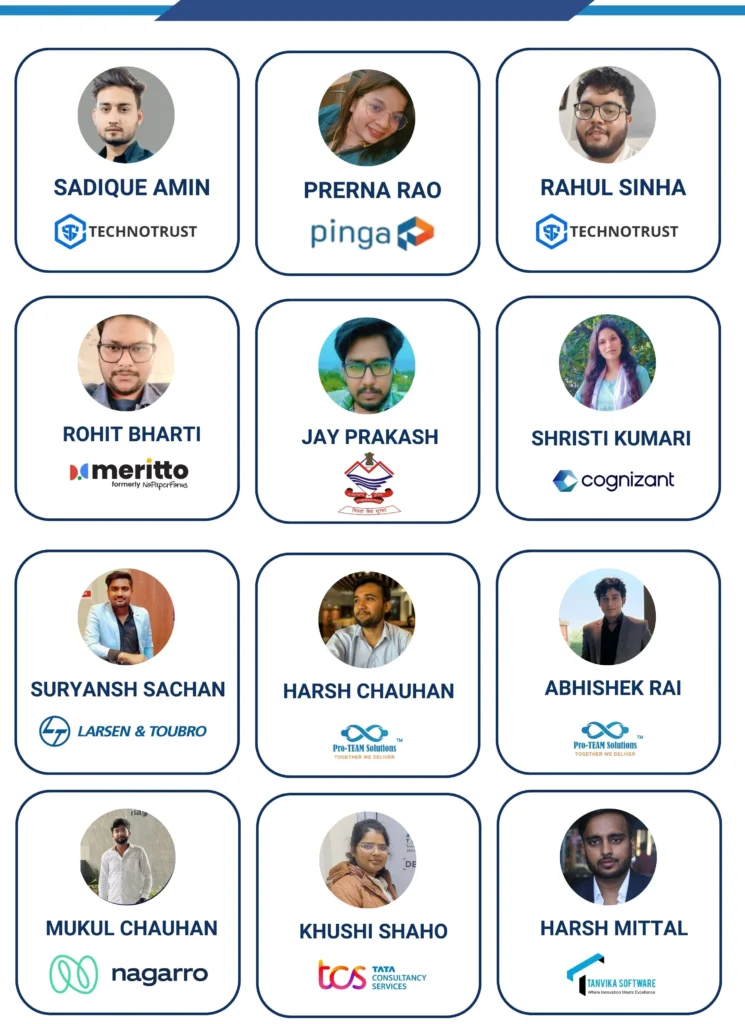
Skill & Tools That You will Learn
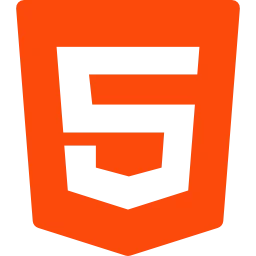
HTML

CSS
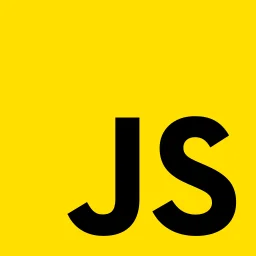
JavaScript

Java
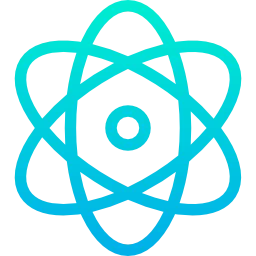
React JS
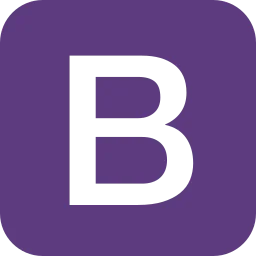
Bootstrap
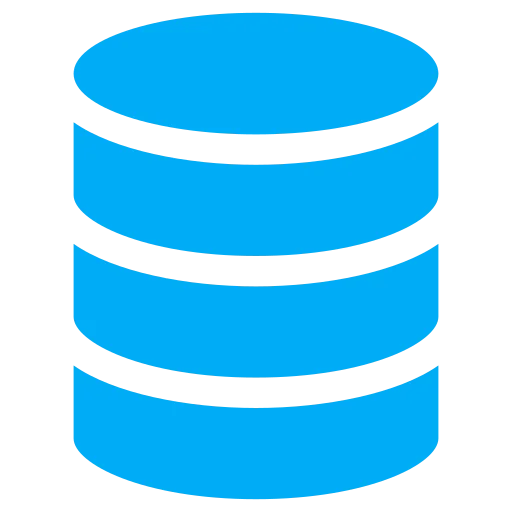
SQL
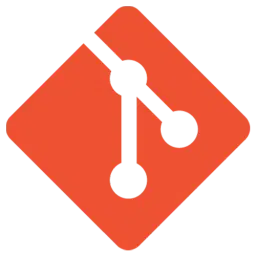
Github
Why Choose us?
Our Process

Introduction to Java Full Stack Development
Java Full Stack Development is an essential discipline that encompasses both front-end and back-end development processes. In a rapidly evolving tech landscape, the demand for skilled full stack developers has surged, making this expertise a valuable addition to one’s professional skill set. A Java full stack developer is proficient in various technologies that allow them to develop complete applications, integrating both client-side and server-side functionalities. This multidisciplinary approach ensures that developers can handle a project from inception to deployment, which is highly sought after by employers.
The significance of Java in web development cannot be overstated. As a robust and versatile programming language, Java is used extensively in creating dynamic web applications and enterprise-level solutions. Its object-oriented nature and platform independence make it a go-to choice for many developers. A comprehensive java full stack course in Noida will introduce learners to various frameworks, libraries, and tools that complement Java, including Spring Boot, Hibernate, and Angular, among others. This course is carefully designed to provide a holistic understanding of the software development lifecycle.
At Appwars Technologies, the Java full stack training in Noida addresses the critical skills needed in today’s job market. The curriculum is tailored to ensure that participants gain practical knowledge through hands-on projects, enabling them to create real-world applications. By focusing on both front-end technologies, such as HTML, CSS, and JavaScript, and back-end processes leveraging Java, the training prepares individuals to tackle diverse challenges in the software development arena. Moreover, the interactive learning environment fosters collaboration and problem-solving skills, which are vital for any successful developer.
Why Choose Appwars Technologies for Java Full Stack Training
When considering a pathway to enhance your skills in software development, particularly through a Java full stack training in Noida, Appwars Technologies stands out as a premier choice. This institution is renowned for its solid reputation within the industry, making it a top contender for aspiring developers seeking comprehensive courses. One of the most significant advantages of enrolling in the Java full stack course in Noida at Appwars Technologies is the team of experienced trainers who guide students through their learning journey. With years of expertise in both teaching and practical application, they provide invaluable insights into the development process.
Furthermore, Appwars Technologies adopts a hands-on approach to learning, which is paramount in a field where practical skills are essential. Through various real-time projects, students gain exposure to real-world scenarios, fortifying their understanding of Java development beyond theoretical knowledge. This experiential learning approach enhances problem-solving abilities and prepares students to meet the demands of contemporary development environments.
The institution’s commitment to student success cannot be overstated. Appwars Technologies not only equips learners with technical skills but also emphasizes career guidance and support. This holistic approach ensures that graduates are not only proficient in Java but also develop soft skills that are critical for career advancement. As you pursue your Java course, the supportive environment fosters motivation and encourages exploration of innovative ideas, making the learning experience enriching.
In conclusion, choosing Appwars Technologies for your Java full stack training in Noida equips you with the necessary tools for success. With a strong reputation, expert trainers, a hands-on learning approach, and unwavering support, you are well-positioned to thrive in your software development career.
Java Full Stack Course Structure and Curriculum Overview
The Java Full Stack Training in Noida offered by Appwars Technologies is meticulously designed to equip students with the necessary skills and knowledge required in today’s competitive job market. This comprehensive course covers both front-end and back-end technologies, ensuring a holistic understanding of full-stack development.
The curriculum is divided into several key modules. The training begins with the fundamentals of Java programming, where students learn about object-oriented programming concepts, data structures, and algorithms. As a part of the Java course, emphasis is placed on the core functionalities and syntax of Java, providing a solid foundation for further learning.
Next, the course transitions to front-end technologies. Students will delve into HTML, CSS, and JavaScript, providing them with the necessary tools to create visually appealing and dynamic user interfaces. Additionally, popular frameworks such as AngularJS or ReactJS can also be covered, enhancing the front-end skill set of the participants. This segment is crucial as it allows students to understand how to effectively communicate with back-end services and create seamless user experiences.
The back-end portion of the training focuses on Java frameworks such as Spring and Hibernate. Participants will gain hands-on experience in building RESTful services, managing databases with JPA (Java Persistence API), and utilizing Spring Boot for simplified application development. This pragmatic approach ensures that students can apply their knowledge to real-world projects, bridging the gap between theory and practice.
Moreover, the curriculum includes sections on version control systems like Git, DevOps practices, and testing frameworks, which are essential for modern software development. The course also culminates in capstone projects that challenge students to build a fully functional application, reinforcing their learning. Overall, the Java Full Stack Course in Noida at Appwars Technologies offers a comprehensive pathway for students to elevate their careers in software development.
Key Technologies Covered in the Java Full Stack Training
The Java Full Stack Training in Noida, offered by Appwars Technologies, provides an extensive curriculum designed to equip learners with the essential skills needed for full-stack development. This comprehensive training covers critical technologies and frameworks that are indispensable in today’s software development landscape.
At the core of the training is Java, a versatile programming language that serves as the backbone for numerous enterprise applications. Java’s robustness and scalability make it a preferred choice across various industries. The course delves into Spring, a powerful framework that simplifies Java application development. Students will learn how to build secure and reliable applications using Spring Boot, which accelerates the development of stand-alone, production-grade applications.
In addition to Java and Spring, the course also covers Hibernate, an object-relational mapping (ORM) tool essential for database interactions in Java applications. Understanding Hibernate empowers developers to manage database operations more effectively, ensuring seamless integration with back-end technologies.
On the front-end side, the training immerses students in JavaScript, a fundamental language for web development. JavaScript frameworks like Angular and React are integral components of the curriculum, enabling learners to create dynamic user interfaces and enhance user experience. Angular’s two-way data binding and React’s component-based architecture are emphasized, providing practical knowledge that can be directly applied in real-world scenarios.
Furthermore, the Java Full Stack course in Noida incorporates lessons on HTML and CSS, which are essential for structuring and designing web pages. Together, these technologies form a complete toolkit for aspiring developers, ensuring they are well-prepared to tackle full-stack development challenges in their careers.
Expert Faculty and Industry Insights
Choosing the right training program is crucial for aspiring developers, and the Java full stack training in Noida at Appwars Technologies is distinguished by its exceptional faculty. The instructors are not only seasoned professionals with extensive industry experience but also passionate educators who make complex concepts accessible to learners. Each faculty member brings a unique background, combining academic qualifications with hands-on experience, ensuring that students receive a well-rounded education.
The faculty at Appwars Technologies has diverse expertise in various domains of software development, particularly in Java technologies and full stack development. This experience allows them to teach the latest tools and techniques in the industry, preparing students for modern job requirements. Moreover, the instructors regularly engage in industry projects, which keeps them updated on current trends and technologies. This practice enables them to share real-life scenarios and case studies in their lectures, offering students valuable insights that go beyond theoretical concepts.
Additionally, the teaching methodologies employed in the Java full stack course in Noida emphasize a practical approach. With a blend of lectures, hands-on projects, and interactive discussions, students are encouraged to actively participate in their learning journey. This environment fosters collaboration and problem-solving skills, which are critical attributes sought after by employers. The faculty’s commitment to mentoring students individually allows for guidance tailored to each learner’s needs, ensuring that every participant gains the most from the program.
With a strong focus on industry relevance, the faculty at Appwars Technologies is dedicated to equipping students with not just knowledge, but also the confidence to excel in their careers. By understanding the real-world applications of their learning, students are better prepared to tackle the challenges they will encounter in the fast-paced tech landscape.
Hands-on Training and Projects
The effectiveness of possessing theoretical knowledge is significantly amplified by practical application, particularly in a field as dynamic as software development. At Appwars Technologies, the java full stack training in Noida is meticulously designed to offer aspirants comprehensive hands-on experience in full stack development. This includes both front-end and back-end technologies, ensuring that participants gain a well-rounded skill set.
During the course duration, students will engage in a variety of real-world projects that reflect the demands of the current job market. These projects may involve developing web applications, integrating APIs, and implementing database solutions. Working on such assignments allows students to apply their knowledge of Java programming, HTML, CSS, JavaScript, and various frameworks that are pivotal in full stack development. Not only do students get a chance to refine their coding skills, but they also learn to troubleshoot issues and collaborate effectively within a team setting.
Moreover, familiarity with industry-standard tools and technologies is woven into the training curriculum. Participants will gain exposure to development environments such as Spring and Hibernate for server-side programming, as well as front-end libraries and frameworks like Angular or React. Understanding version control systems, such as Git, is also a significant aspect of the course, as it mirrors real-world workflows in software development environments.
Ultimately, this hands-on approach not only makes the learning process engaging but also substantially enhances employability. Graduates emerging from Appwars Technologies with java full stack course in Noida possess not only theoretical knowledge but a portfolio of projects that demonstrate their capabilities, thereby making them more attractive candidates in the competitive job market. This practical experience serves as a critical factor in bridging the gap between education and employment, equipping students with skills that are highly sought after by employers.
Career Opportunities After the Training
The Java Full Stack Training in Noida offered by Appwars Technologies opens up a myriad of career opportunities for aspiring developers. Graduates from this program are equipped with a comprehensive skill set that is highly sought after in the IT industry. The knowledge gained in both frontend and backend technologies enables students to apply for various job roles that require proficiency in Java and associated frameworks.
Potential job roles include Full Stack Developer, Java Developer, Software Engineer, and Web Developer. These positions are prevalent in numerous sectors such as finance, healthcare, and technology, as companies increasingly rely on robust and scalable web applications. According to recent industry reports, the demand for full-stack developers is projected to grow significantly, highlighting the importance of such comprehensive training.
Compensation for professionals entering the field can be lucrative, with entry-level salaries for Full Stack Developers in Noida typically starting in the range of INR 4 to 6 lakhs per annum, depending on the individual’s expertise and the company. With experience, professionals can expect their salaries to escalate, with mid-level positions earning anywhere from INR 8 to 12 lakhs annually. This significant earning potential makes taking a java full stack course in Noida particularly appealing.
Furthermore, the IT industry in Noida has witnessed tremendous growth, partly due to the city’s emerging status as a technology hub. Numerous startups and established firms are continuously on the lookout for skilled developers who can manage all aspects of web development. Thus, the Java course at Appwars Technologies not only provides valuable skills but also positions graduates favorably in a thriving job market.
Student Testimonials and Success Stories
The experiences of past students offer invaluable insights into the quality and impact of the Java Full Stack Training in Noida provided by Appwars Technologies. Many graduates have expressed how this comprehensive program has transformed their career trajectories. For instance, Rajesh Kumar, a recent graduate, shares, “The Java full stack course in Noida at Appwars Technologies equipped me with the skills needed to secure a position as a software developer. The curriculum was both thorough and practical, allowing me to build real-world applications.” His journey underscores how the program not only covers essential programming languages but also emphasizes hands-on experience, enabling students to translate their theoretical understanding into practical solutions.
Similarly, Priya Sharma, another former student, appreciates the supportive learning environment fostered at Appwars Technologies. She states, “The instructors were incredibly knowledgeable and always available to assist with any queries. The personalized guidance helped me excel in my projects, and ultimately, I landed a job in a renowned tech company.” Her story highlights the importance of mentorship and support in enhancing the learning experience, driving home the value of the Java course beyond just the technical skills acquired.
Another remarkable example is Ankit Singh, who transitioned from a non-technical background into software engineering. Ankit’s success story is particularly inspiring as he remarks, “I had no prior experience, but the structured approach of the Java full stack training program made it easy for me to grasp complex concepts. My current role as a full-stack developer reflects how effective this training was.” His journey emphasizes that with dedication and the right guidance available at Appwars Technologies, even individuals new to programming can successfully pivot into tech careers.
These testimonials collectively illustrate the profound impact that the Java Full Stack Training in Noida has on students’ professional lives, embodying the essence of experiential learning that Appwars Technologies champions.
Enrollment Process and Contact Information
Enrolling in the Java Full Stack Training in Noida at Appwars Technologies is a straightforward process designed to ensure that potential students can easily access the program. The first step is to review the prerequisites for enrollment, which generally include a foundational understanding of programming concepts and familiarity with Java. While prior experience in Java or web development is beneficial, it is not strictly mandatory; Appwars Technologies is dedicated to accommodating learners from various backgrounds.
To apply for the Java Full Stack Course in Noida, prospective students are encouraged to visit the official website of Appwars Technologies. The application form is accessible online, allowing candidates to submit their details along with any necessary documentation, such as educational qualifications and previous work experience. After submitting the application, candidates will receive a confirmation email detailing the next steps in the enrollment process.
It is important for applicants to be aware of key deadlines associated with the enrollment. Appwars Technologies typically announces several batches throughout the year, and interested individuals should stay informed about the application period for each batch. Early enrollment is advisable, as seats may be limited and high demand is common for the Java Full Stack course.
For any questions or personalized guidance regarding the educational pathway, prospective students can reach out to the admissions team at Appwars Technologies. The contact information, which includes phone numbers and email addresses, is prominently displayed on their website. The admissions representatives are equipped to assist with inquiries about the curriculum, fees, and any specific concerns related to the Java course. By following these steps, students can seamlessly embark on their journey in Java full stack development, positioning themselves for exciting career opportunities.
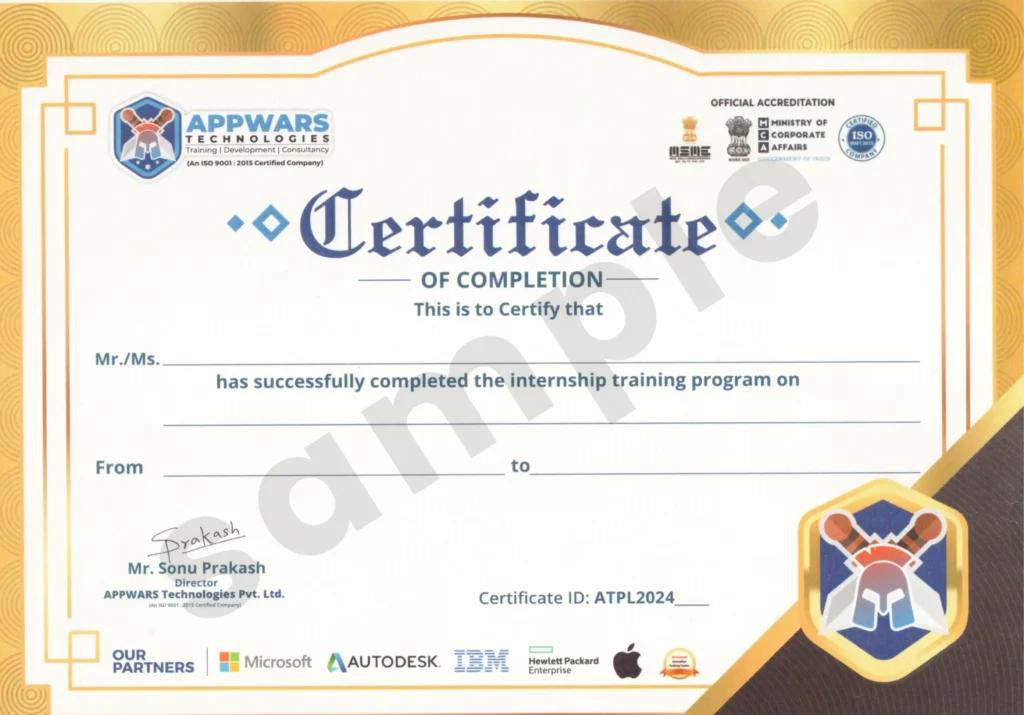
Get Certified to boost your Professional Growth
Got more questions?
Talk to our team directly
Contact us and our academic counsellor will get in touch with you shortly
Our Gallery
Student Testimonials
EXCELLENTTrustindex verifies that the original source of the review is Google. Great course! The explanations were clear and the hands-on projects really helped me understand Python. The instructor@amanSir made learning Python simple and enjoyable.Posted onTrustindex verifies that the original source of the review is Google. The teaching was top-notch with a friendly environment, all my classmates and I enjoyed the sessions and genuinely wanted to be the part of the learning. Moreover thankyou so much to Mr. Aman and Mr.Kunal from APPWARS that provided us with this great opportunity, I'll always be grateful!Posted onTrustindex verifies that the original source of the review is Google. Amazing experience! Our add-on course on Python, PyTorch, and TensorFlow was handled brilliantly by App Wars Technology Pvt. Ltd.’@ Aman Sir. His teaching style, clarity, and hands-on approach made even complex AI/ML topics very simple. A big thanks to @Kunal Sir as well for helping us during practice sessions and guiding us at every step. Highly recommended for anyone who wants solid practical knowledge.Posted onTrustindex verifies that the original source of the review is Google. Great experience! Very good teacherPosted onTrustindex verifies that the original source of the review is Google. Very good teacher Mr. Aman sir , full of knowledge and encourage students From Mahi tyagi IIMT engineering college meerutVerified by TrustindexTrustindex verified badge is the Universal Symbol of Trust. Only the greatest companies can get the verified badge who has a review score above 4.5, based on customer reviews over the past 12 months. Read more
